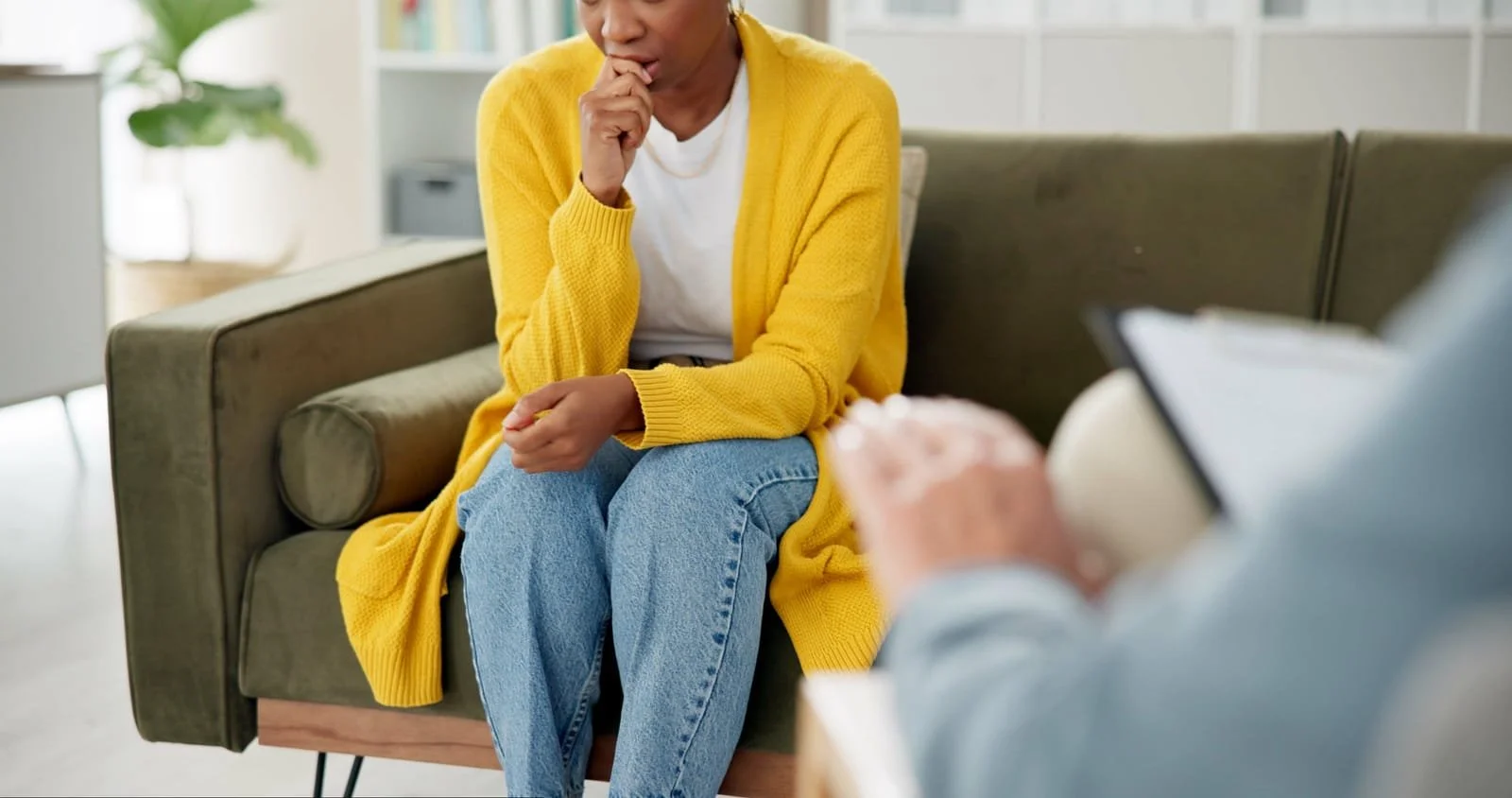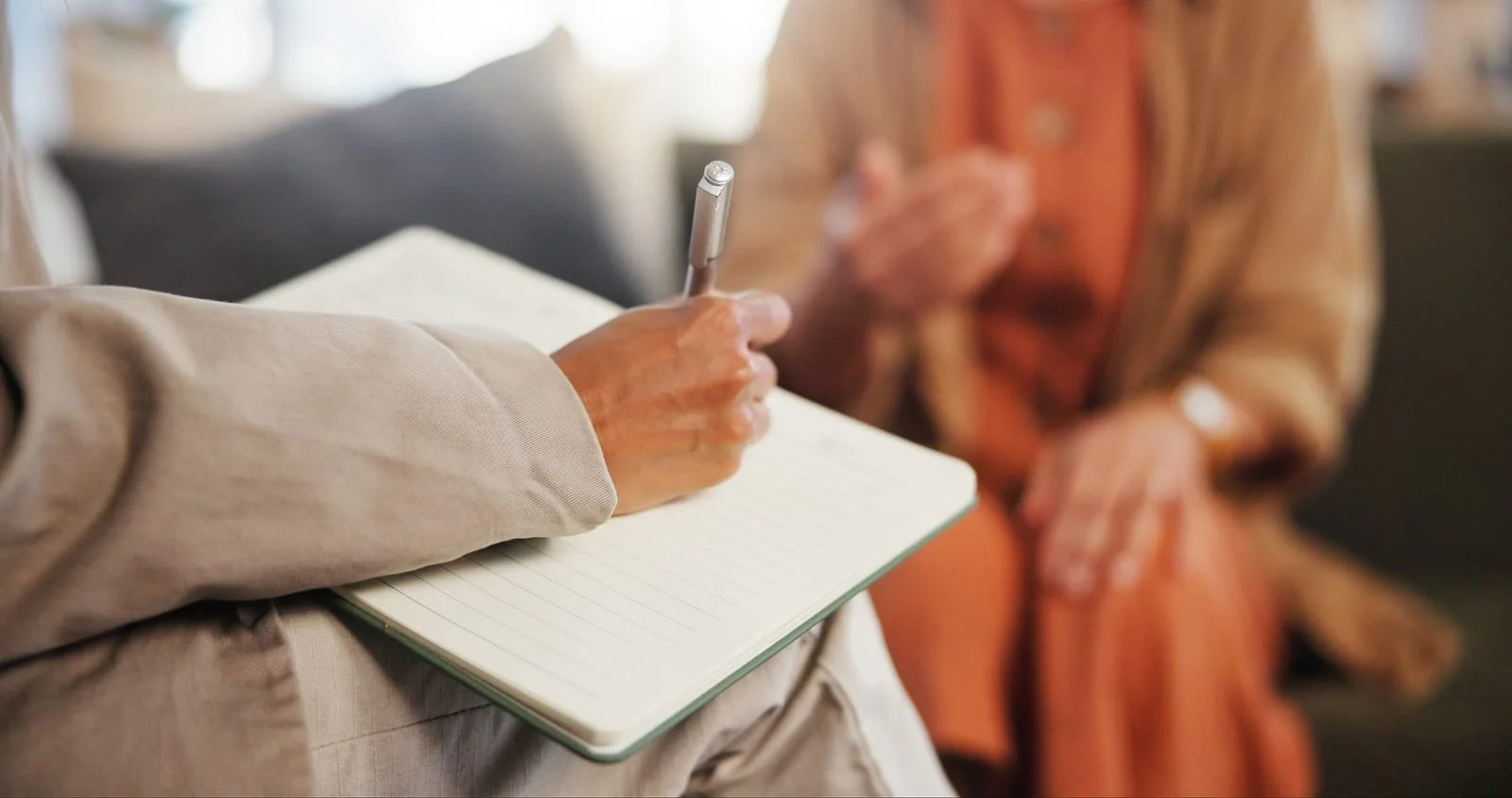Top Therapy Goals for Depression: A Path to Healing and Recovery
Depression can have a detrimental impact on daily life, making it seem impossible to achieve even the smallest of tasks like unloading the dishwasher or folding the laundry. Depression is one of the most common mental health disorders across the United States and around the world, affecting women more than men. If you are struggling with feelings of hopelessness and depression, it's important to seek treatment.
So, how does therapy help in the treatment of depression?
Understanding Therapy for Depression
Several forms of nondrug therapy for depression can be used in conjunction with pharmacological approaches or in isolation. If used with pharmacological approaches, non-drug therapy for depression can actually increase the efficacy of the medications you are prescribed.
-Cognitive Behavioral Therapy (CBT)
CBT is the most common form of treatment for depression. If you are looking at depression therapy near me, CBT can help you identify the way your automatic thoughts influence your depression symptoms and how you can identify those automatic thoughts and replace them with positive ones and, thereby, positively influence how you feel and behave.
-Interpersonal Therapy (IPT)
Interpersonal therapy is a structured form of depression treatment that can help you improve your symptoms in a time-limited arena. This helps by focusing on life changes, conflict, all of the emotions associated with challenges, and the way those impact your relationships.
-Psychodynamic Therapy
Psychodynamic therapy helps you process your emotions and any unresolved issues or trauma from your past that may be influencing your depression symptoms today. This is a very in-depth version of traditional talk therapy.
-Others
Other forms of depression treatment include acceptance and commitment therapy as well as mindfulness-based approaches, which can be combined with things like CBT or IPT.
What Are Therapy Goals for Depression?
-Explanation of therapy goals as part of treatment planning.
-Customizing goals to fit individual needs and conditions.
Top Therapy Goals for Depression: A Step-by-Step Path to Recovery
So, what are the top therapy goals for depression? And how does therapy help in the treatment of depression?
Understanding and Accepting Depression
Firstly, depression therapy focuses on increasing your awareness of the condition itself, the way in which it manifests in emotional or physical symptoms, and the reach it has in other parts of your daily life or relationships.
This goes a long way toward understanding the impact that depression has on your:
Thoughts
Feelings
Behaviors
From there, you'll work with a therapist to normalize your experience. The more you fight against depression or define it as something abnormal, the more likely you are to experience self-blame and guilt. When you accept that today you might be feeling a little down and you won't be as active as yesterday, you do away with the constant pressure of feeling guilty about not being more productive or the self-blame where you continually tell yourself that you should be more productive.
Improving Emotional Regulation
Secondly, nondrug therapy for depression will help you improve your emotional regulation. Emotional regulation is one of the most important skills a person can have, and it is a skill like any other, which means that it can be developed. The more you develop that skill, the more fit you will be to manage intense emotions like:
Anxiety
Anger
Sadness
With the right therapist, you can identify your personal triggers, what your emotional response is currently to those triggers, and, more importantly, how you can change them.
Changing Negative Thought Patterns
Thirdly, you can challenge your automatic thoughts. As mentioned, automatic thoughts are the things that come to your mind without you even processing them, like "I am such a failure. I fail at everything just like I failed to do the dishes today."
These automatic thoughts can directly influence your emotions and the severity of your depression symptoms. When you work with a therapist, you can replace those harmful beliefs with healthier, more realistic perspectives like, "I didn't get the dishes done today, but that's okay. I did my best today, and I can always try to do the dishes tomorrow."
Building Resilience and Coping Strategies
Fourthly, a good therapist will help you build your resilience by developing adaptive strategies to help you handle daily stressors. Coping strategies go a long way towards strengthening your problem-solving skills and your ability to critically examine a situation and determine whether there's something you can change or action you can take to improve your relationship to that issue or event.
For example, when you have trouble staying focused during the day because you are overwhelmed with hopelessness and sadness, and all you want to do is quit and curl up on the couch, you might simply tell yourself that it's okay to take a break instead of telling yourself that you are quitting for the day and before you curl up you do some basic stretching, breath work, and a guided meditation to see how you feel.
Rebuilding Social Connections
Finally, working with a therapist for depression can address any social withdrawal and isolation you are feeling. It's not uncommon for people who struggle with depression to pull away, but a good therapist will encourage you to re-engage with your relationships and the community around you.
The Role of a Therapist in Setting and Achieving Goals
So, what is the role of a therapist in setting and achieving therapy goals for depression?
Your therapist is primarily there to collaborate with you. They are not there to tell you what to do or provide goals for you but rather to facilitate your decisions as to what goals are most important and guide you toward goal achievement.
When you work with a therapist they will periodically help you reassess your progress and make adjustments to your goals accordingly.
When you search for "depression therapy near me," make sure that you find a therapist with the right credentials, a licensed therapist who has experience working with depression, and someone with whom you have a personal connection.
Therapists will give you a free first session in many cases, and that's there to help determine if it's a good fit in both directions. If you meet with a therapist and find that they are someone you trust and connect well with, consider pursuing your non-drug therapy for depression thereafter.
Summing Up
Overall, it's essential that you set therapy goals for depression, something that should be a collaborative effort and something that should be revisited regularly. With options like cognitive behavioral therapy, you'll have regular goals and homework, things that you can apply toward achieving each of your goals. You'll also have an opportunity to revisit what things you've achieved so that you have the momentum to keep moving forward.
You deserve to live a happy and healthy life. Start searching today for a qualified depression therapist.

